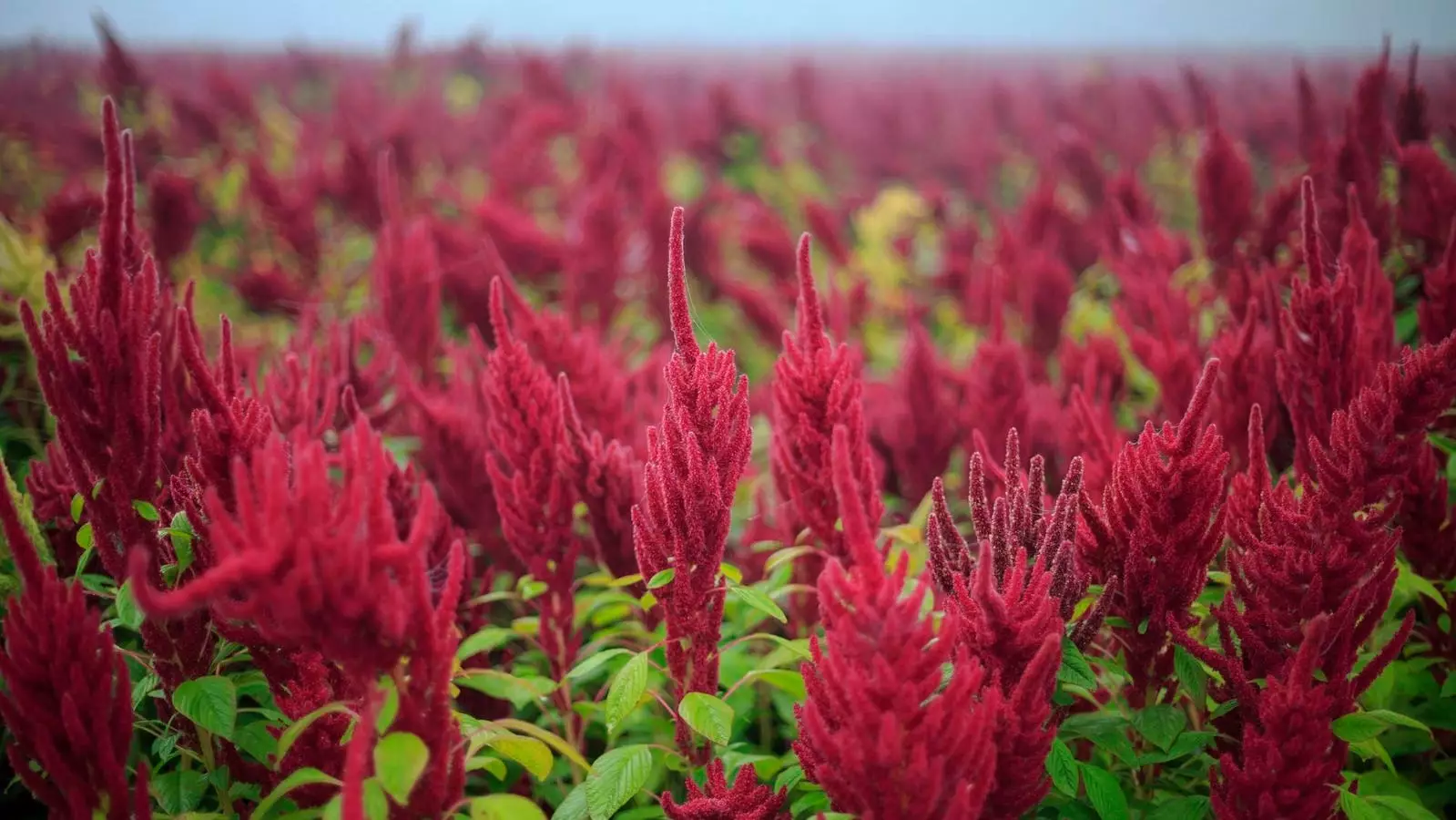The global food landscape is dominated by a select few crops, a phenomenon that warrants critical examination. Despite the existence of thousands of edible plant species, human diets largely rely on just three staples: rice, maize, and wheat. These crops account for approximately 60% of our caloric and protein intake from plants, as reported by the United Nations Food and Agriculture Organization (FAO). This overreliance on a limited number of crops not only threatens nutritional diversity but also raises significant concerns regarding food security and agricultural resilience. Most notably, the underutilization of vegetable varieties has become a glaring gap in our agrobiodiversity efforts.
Surprisingly, less than 10% of crop varieties maintained in genebanks are vegetables—a striking statistic that signals a critical oversight in agricultural practices. Dr. Maarten van Zonneveld, Head of Genetic Resources at the World Vegetable Center, highlights that vegetables from African regions are particularly underrepresented. This lack of diversity limits the genetic pool necessary for developing crops that can withstand climate change, pest outbreaks, and other agricultural challenges.
Agrobiodiversity not only enriches our diets but is essential for enhancing food security and fostering sustainable agricultural practices. A diverse genetic foundation in crops can lead to improved resilience against both biotic and abiotic stresses, ultimately benefiting both farmers and communities. With the specter of climate change looming ever closer, the preservation of African vegetable biodiversity becomes not only a cultural imperative but a necessity for global food systems.
In response to the pressing need for enhanced biodiversity, the African Vegetable Biodiversity Rescue Plan has emerged. Announced at the Africa Food Systems Summit in Kigali, Rwanda, the plan represents a ten-year initiative running from 2025 to 2035, aimed at revitalizing native crops across the continent. Spearheaded by Dr. Cary Fowler, this ambitious undertaking seeks to secure funding and garner attention for African vegetable varieties that have long been overlooked in agricultural discourse.
The World Vegetable Center is at the forefront of implementing this transformative program. The emphasis on ‘forgotten’ food crops is not merely nostalgic; these crops hold the key to addressing contemporary issues like malnutrition and food insecurity. By unlocking the potential of African vegetable biodiversity, the initiative aims to build a more resilient and healthful food ecosystem in sub-Saharan Africa.
Climate change poses a significant threat to traditional food systems, with extreme weather events such as droughts and floods adversely impacting agricultural productivity. Increasing urbanization further exacerbates these challenges, particularly for indigenous vegetable varieties that may already be on the brink of extinction. According to Gabriel Rugalema, Associate Director General for Africa at the World Vegetable Center, the Rescue Plan offers a unique opportunity to mobilize various stakeholders to collectively counteract these stresses and safeguard vegetable diversity.
The plan extends beyond preservation; it is about enabling production systems that are sustainable and adaptable to climate shifts. By investing in crops that are hearty and suited to a range of conditions, farmers can achieve better yields while also contributing to local food sovereignty. The initiative aims to connect local producers with forgotten crops, allowing communities to explore diverse culinary options while also stabilizing their food sources.
The journey toward a more resilient food system does not rest solely on large-scale agricultural initiatives. Individuals can play a vital role by diversifying their diets to include climate-smart foods. Exploring local markets for lesser-known vegetables or grains such as fonio and millet can contribute to a more sustainable, biodiverse food system. This shift not only enriches personal health by introducing new nutrients into diets but also fosters a food culture that values diversity.
The African Vegetable Biodiversity Rescue Plan encompasses a holistic approach to addressing one of the world’s pressing problems: food security amid climate change. By embracing and revitalizing the wealth of vegetable diversity unique to Africa, we are taking significant strides toward creating robust food systems that benefit both people and the planet. As we move forward, it is imperative that we remain vigilant in protecting our agricultural heritage, for it holds the keys to a resilient and sustainable future.


Leave a Reply